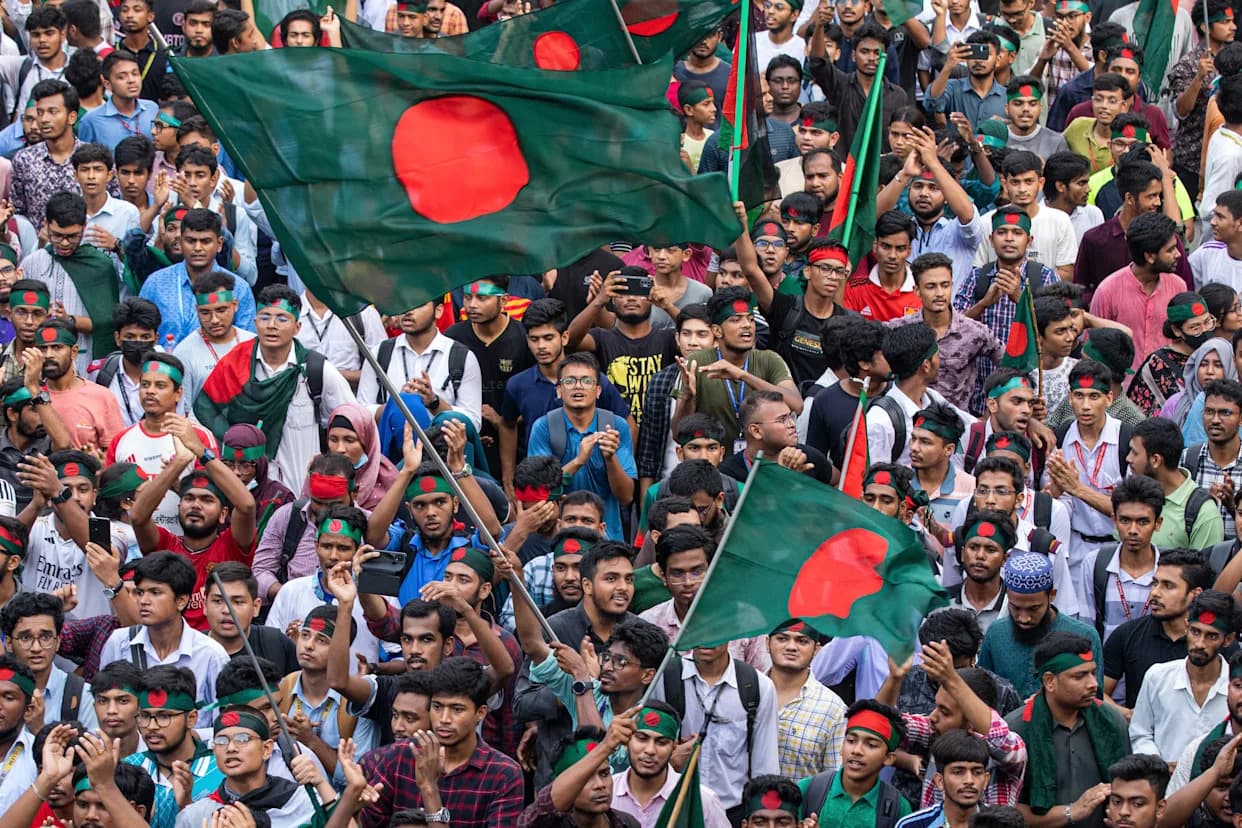Bihar held a two-phase election for its 243-seat assembly that many view as a critical test of Prime Minister Narendra Modi’s popularity and the strength of his National Democratic Alliance. Millions voted amid concerns about unemployment, law and order and controversy over electoral-roll revisions that removed nearly 10% of 74 million registered voters. The result, due Nov. 14, could affect national politics — Bihar sends 40 seats to the lower house — and influence coalition dynamics in New Delhi.
Bihar Election: A Crucial Referendum on PM Modi’s Popularity — Outcome Could Reshape National Politics

Bihar vote seen as a crucial referendum on Prime Minister Modi's popularity
PATNA, India — Voters across the eastern state of Bihar went to the polls in a two-phase election to choose a new government in a contest widely viewed as a major test of Prime Minister Narendra Modi’s popularity and the strength of his alliance in one of India’s most politically significant states.
Millions queued outside polling stations for the state’s 243-seat assembly election amid public concerns about unemployment, law and order and controversy over recent electoral-roll revisions. Authorities say the updates addressed migration, newly eligible voters and unreported deaths, but opposition parties contend nearly 10% of the state’s roughly 74 million registered voters were removed since June, a move they say disproportionately affects poor and minority communities. Counting is scheduled for Nov. 14.
Why Bihar matters for Modi
Long regarded as a political bellwether, Bihar sends 40 MPs to the Lok Sabha (the lower house of parliament). A strong showing for the Bharatiya Janata Party-led National Democratic Alliance (NDA) could bolster Modi’s coalition heading into national elections in 2029 and a slate of important state contests over the next two years; a setback could energize opposition forces.
“Bihar’s election is not just about alliances but arithmetic,” said New Delhi-based analyst Sidharth Mishra, warning that a poor result for the NDA could unsettle the coalition at the center. In last year’s national vote, the BJP fell short of an outright majority and depended on allies such as Janata Dal (United) and the Lok Janshakti Party (Ramvilas) to form government — the same partners who are pivotal in Bihar politics.
Challenges from the opposition
The BJP leads the ruling coalition in Bihar while Chief Minister Nitish Kumar of Janata Dal (United) remains a dominant regional figure. Kumar, 74, who has governed the state for nearly two decades, is credited with infrastructure gains and improvements in law and order, though his shifting alliances have been a recurring theme in state politics.
Analysts caution that a poor showing could fragment Kumar’s party and imperil Modi’s federal coalition: defections or shifting loyalties among a dozen or so JD(U) legislators could change the arithmetic in New Delhi. The NDA faces a united opposition led by the Rashtriya Janata Dal (RJD) allied with the Congress, while a new entrant — Jan Suraaj, formed by Modi’s former poll strategist Prashant Kishor — adds further uncertainty.
Congress leader Rahul Gandhi has sharply criticized the Election Commission’s roll revisions as politically motivated. Election authorities counter that the cleanup was necessary because of migration, newly registered young voters and unreported deaths.
An economy under strain
Bihar is largely agrarian and among India’s poorer states, with an estimated population of about 130 million. Both the BJP-led alliance and the main opposition have promised to create government jobs to woo voters, but many economists doubt such promises are feasible given the state’s limited economic base.
In September, the central government authorized cash transfers of 10,000 rupees (about $113) to some 7.5 million women under an employment-related scheme, part of a strategy to appeal to a key voter bloc as many men migrate to larger cities for work.
“The state government has initiated welfare measures but has rarely attempted to address underlying causes of poverty such as landlessness, low wages and limited employment opportunities,” said Pushpendra Kumar, a socio-economist and former professor at the Tata Institute of Social Sciences in Mumbai.
With counting set for Nov. 14, the election’s outcome will test whether the NDA can sustain its dominance in Bihar or whether mounting dissatisfaction over economic and governance issues will reshape political alignments at both the state and national levels.
Reporters: Roy in Patna; additional reporting from New Delhi.
Help us improve.


































